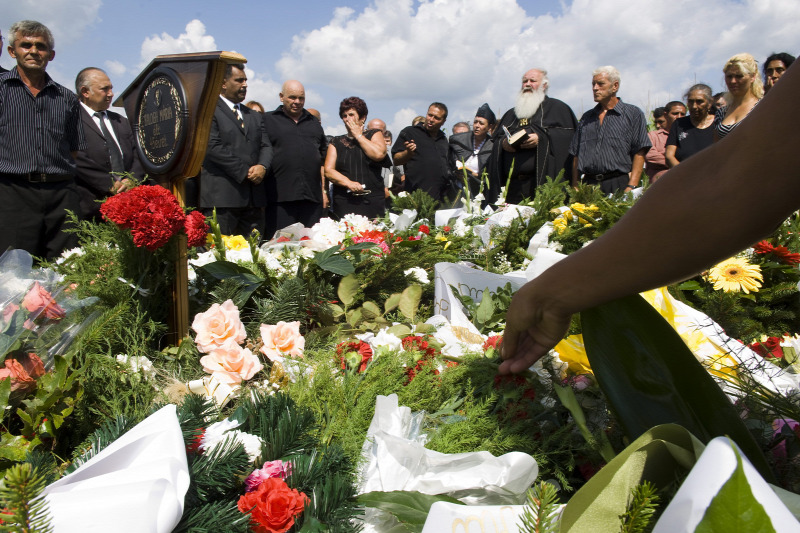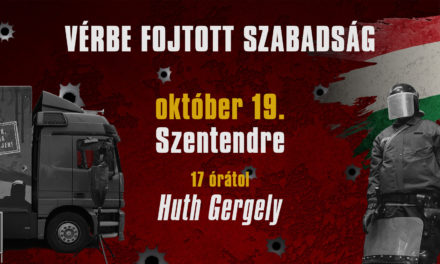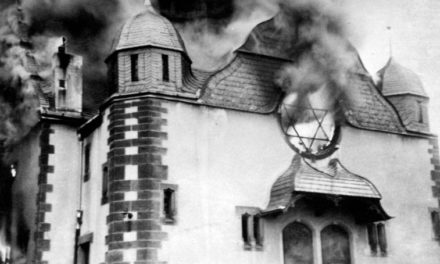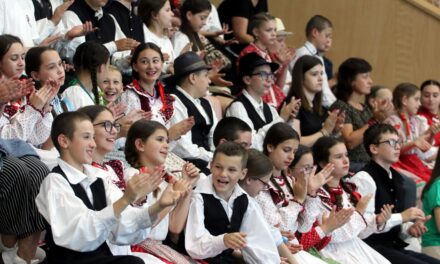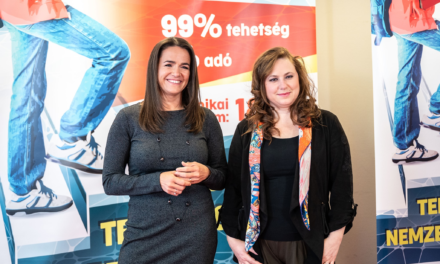The victims of the series of murders committed against Roma in 2008-2009 were remembered on Wednesday in Budapest by the National Roma Club, Roma Intellectual Workshop, established by the Civil Solidarity Forum (CÖF) - Civil Solidarity Non-profit Foundation (CÖKA).
Norbert Heizler , the national coordinator of CÖF-CÖKA, recalled that the series of murders began on October 3, 2008. And the bestial act became a reminder of an era when, during the Gyurcsány-Bajnai governments, paramilitary militias had the opportunity to keep the Roma community in fear. The left-wing governments did not provide any meaningful help to the relatives of the victims, and the investigation of the murders was anything but ineffective, he added.
Why did the series of murders happen in 2008 and 2009, during the Gyurcsány-Bajnai governments, and whose interests were they in? Where were the filers in Brussels who examined the rule of law and democratic values with a magnifying glass after 2010? he asked his questions.
He emphasized that the Hungarian government has declared zero tolerance against racism and anti-Semitism, and CÖF-CÖKA fully identifies with this view and condemns all extreme political manifestations.
Félix Farkas , the spokesperson for the Roma nationality in the Parliament, said that the Gypsies became the losers of the system change due to the loss of jobs and that they could only start catching up in 2010, following the support of the Orbán government. All the more so because it became clear in 2008-2009, he continued, that the Gyurcsány-Bajnai governments cannot protect the Gypsies, and the murderers were caught only after the establishment of the Orbán government.
CÖF-CÖKA provides an institutional background for the Roma intellectuals to achieve their goals, the advocate said. He added that thousands of Roma marched in the peace march on October 23, as the current government is a partner in the activities to catch up with the Gypsies, Félix Farkas said.
János Székely, the bishop of the Diocese of Szombathely, stated that Gypsyism is an opportunity for Hungary to be exploited. The high priest called the growth of the Roma intelligentsia very important, because they can address their own people more effectively and authentically. And this requires an outstretched hand from the majority society as well, since we can only prosper together in the common homeland, he said.
MTI
Cover photo: 45-year-old Mária Balogh is buried in Kisléta in 2009 / Photo: MTI/Attila Balázs

